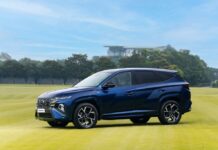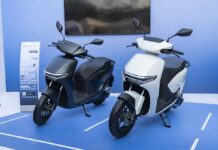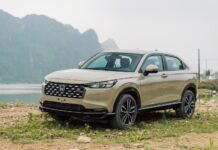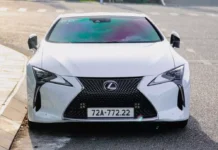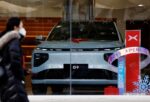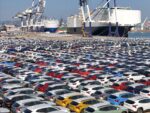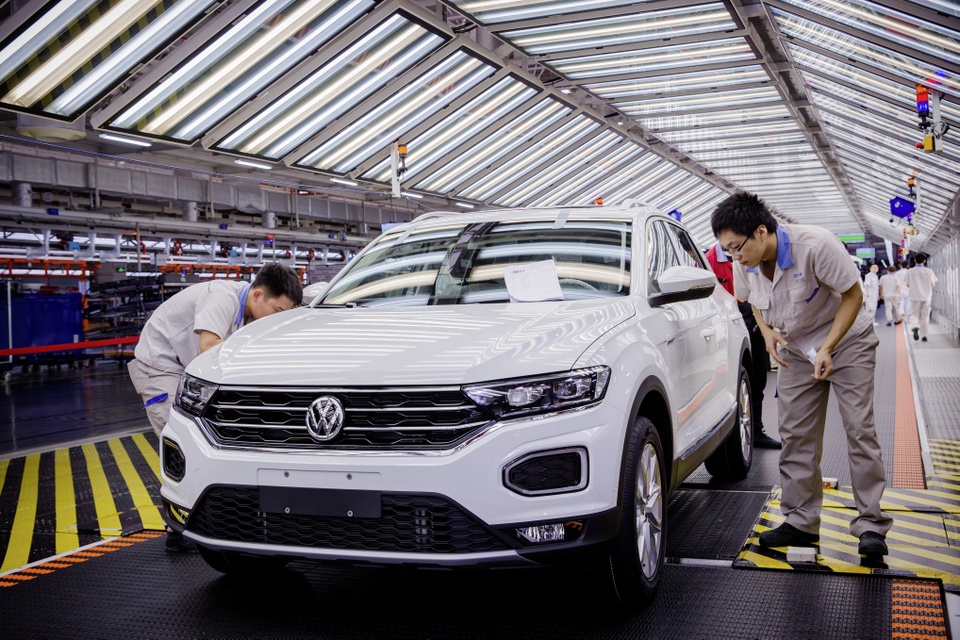
|
According to Carscoops, Volkswagen is strategizing its next move by investing significantly in the US to navigate the new tariff policies implemented by the Trump administration.
The German automaker aims to mitigate the impact of tariffs on cars, which currently affect Volkswagen and most car manufacturers with a presence in the US, by increasing its investments in the country.
Volkswagen CEO Oliver Blume revealed that he had a phone conversation with US Trade Minister Howard Lutnick and also traveled to Washington to engage in discussions, which he described as “fair and constructive.”
“The Volkswagen Group wants to invest even more in the US,” emphasized Blume, highlighting the company’s efforts to reduce the impact of the 25% import tariff on cars in the US.
While the CEO did not disclose the exact amount of potential investment, he alluded to the $5.8 billion investment in Rivian, suggesting that Volkswagen might be willing to invest an even higher amount.
According to The Guardian, Blume is not just seeking a deal for Volkswagen but is advocating for a tariff agreement that would benefit the entire automotive industry.
|
|
This strategic move comes at a time when Volkswagen is facing business challenges and increasing competition from Chinese automakers, according to Carscoops. The company plans to cut 35,000 jobs by 2030 and recently reported a 30% drop in net profit compared to the previous year.
Engaging Reads for Your Journey
Our ‘Xe’ section offers a diverse range of captivating book titles to accompany you on your travels. These reads provide interesting company during those restful moments on your journeys.


